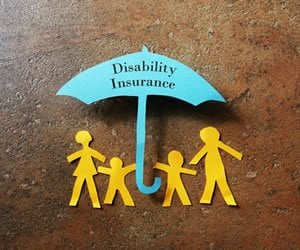
The Importance of Disability Insurance for the Young Physician
The thrill and responsibility of holding someone’s life in your hands, the ability to act ... Read more
Written by: Richard Reich
Published on: January 7, 2016

The thrill and responsibility of holding someone’s life in your hands, the ability to act ... Read more
Written by: Richard Reich
Published on: January 7, 2016

What You Should Know is an ongoing series covering a range of informational topics relevant ... Read more
Written by: Brian Wu
Published on: January 6, 2016

Many medical students, even those with a background in the liberal arts, may have a ... Read more
Written by: Brian Wu
Published on: January 4, 2016

While there were many engaging sessions held at the 2015 UC Davis Pre-Health Conference, a ... Read more
Written by: Suzanne Barston
Published on: December 16, 2015
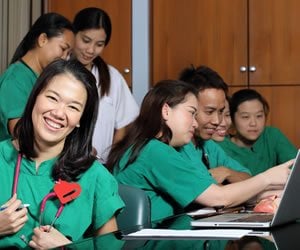
Transitioning to medical school is a significant change for most students; this naturally makes it ... Read more
Written by: Brent Schnipke
Published on: December 11, 2015

The transition to clinical clerkships in medical school comes after two years of lectures, in-class ... Read more
Written by: AJ Nguyen
Published on: December 4, 2015
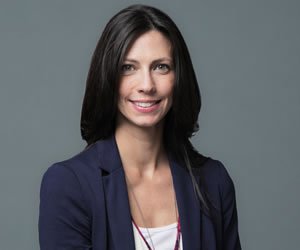
Dr. Natalie E. Azar is assistant clinical professor of medicine and rheumatology at the Center ... Read more
Written by: Juliet Farmer
Published on: November 30, 2015
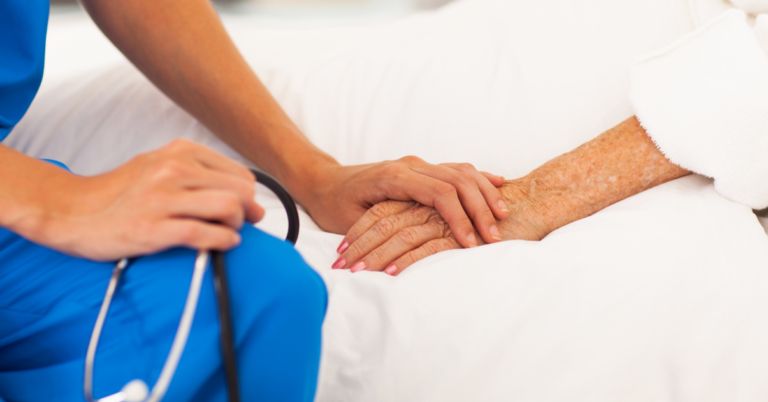
Reposted from here with permission She was a petite, otherwise well-appearing woman, apprehensively sitting at the edge ... Read more
Written by: Nita Chen
Published on: November 25, 2015

At this year’s UC Davis Pre-Health Conference, the concept of innovation was on everybody’s minds and ... Read more
Written by: Suzanne Barston
Published on: November 20, 2015
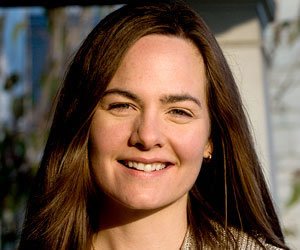
Dr. Christine Montross is Assistant Professor of Psychiatry and Human Behavior and the Director of ... Read more
Written by: Christy Duan
Published on: November 9, 2015

By Michelle Finkel, MD with CrispyDoc You put your heart and soul into your compelling, ... Read more
Written by: Michelle Finkel
Published on: November 6, 2015

I was about to burst with excitement the minute I started medical school. I’m pretty ... Read more
Written by: Adelle
Published on: October 19, 2015
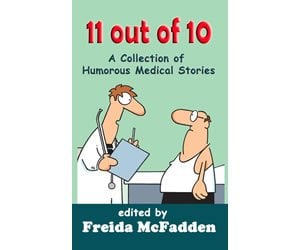
I used to be an Emergency Medical Technician at a very busy Emergency Department. Given ... Read more
Written by: Freida McFadden
Published on: October 9, 2015

Since the medical field is full of a wide variety of job opportunities, it is ... Read more
Written by: Carrington College
Published on: September 28, 2015
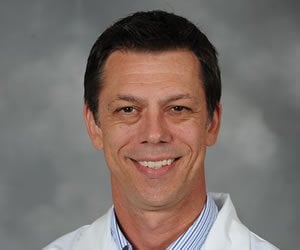
Dr. Jeffrey Whitaker knew at a very young age that he wanted to be a ... Read more
Written by: Student Doctor Network
Published on: September 25, 2015

Reposted from here with permission It is one thing to be a doctor and another to ... Read more
Written by: Vivienne Meljen
Published on: September 23, 2015

Many students arrive at medical school with a bias that their liberal arts education has ... Read more
Written by: Michelle Finkel
Published on: September 16, 2015
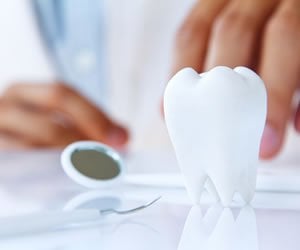
This article is reprinted with permission from the American Student Dental Association. It originally appeared ... Read more
Written by: ASDA
Published on: September 14, 2015
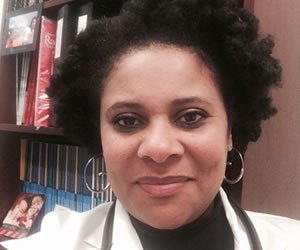
Karen M. Winkfield, MD, PhD, is a radiation oncologist with Massachusetts General Hospital, and she ... Read more
Written by: Juliet Farmer
Published on: September 11, 2015